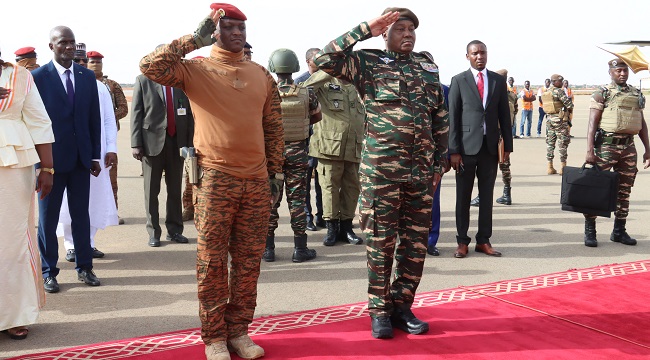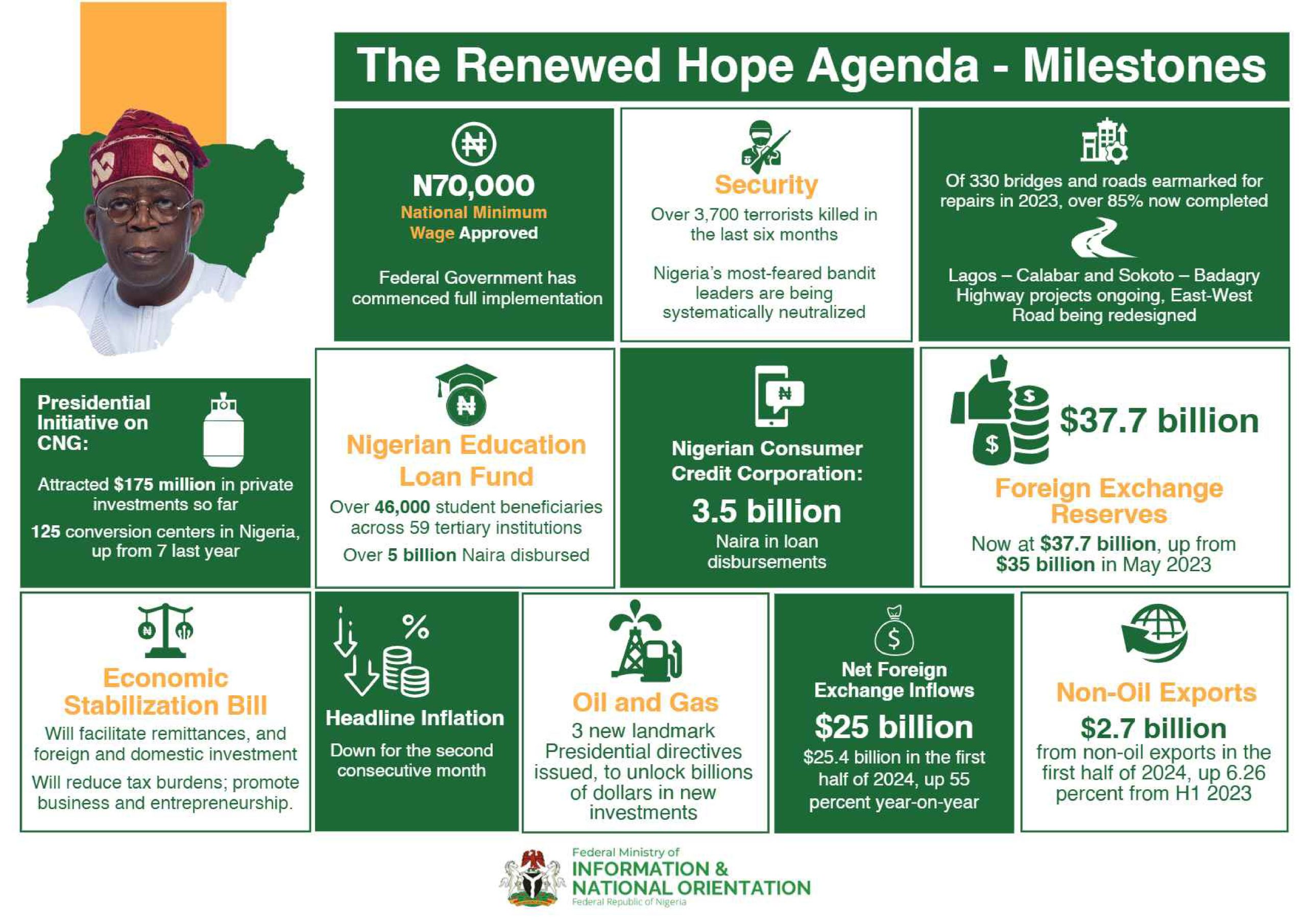The military governments of Niger, Mali, and Burkina Faso have formally distanced themselves from the Economic Community of West Africa States (ECOWAS), with Niger’s ruling general announcing that these junta-led nations have “turned their backs on” the regional bloc.
These countries’ leaders convened for the inaugural summit of the Alliance of Sahel States (AES), a group they established after withdrawing from the Economic Community of West African States (ECOWAS) earlier this year.
“Our people have irrevocably turned their backs on ECOWAS,” declared General Abdourahamane Tiani of Niger, speaking at the summit’s opening in Niamey, Niger’s capital.
READ ALSO : Nigeria’s debt to World Bank rises by $1.07 billion under Tinubu’s administration
The mutual defense pact among Mali, Burkina Faso, and Niger was formed in September, following their departure from ECOWAS in January. The departure was partly driven by accusations that France was manipulating the bloc and not sufficiently supporting anti-jihadist efforts.
General Tiani criticized ECOWAS, stating, “The AES is the only effective sub-regional grouping in the fight against terrorism,” and described ECOWAS as notably absent in this battle.
This departure aligns with the trio’s shift away from France, their former colonial ruler. Tiani advocated for the new bloc to be a “community far removed from the stranglehold of foreign powers.” The three nations have expelled French troops and sought partnerships with Russia, Turkey, and Iran.
Given the severe jihadist violence facing these countries, “the fight against terrorism” and “consolidation of cooperation” were key topics at Saturday’s summit, according to the Burkinabe presidency.
ECOWAS is set to hold a summit of its heads of state in Abuja, Nigeria, on Sunday, where the issue of relations with the AES will be discussed.
After several bilateral meetings, the leaders of the Sahel countries are gathering for the first time since their coups between 2020 and 2023. In May, the foreign ministers of Burkina Faso, Mali, and Niger agreed on a draft text for creating the confederation, which their heads of state are expected to adopt at the summit.
Niger’s General Tiani first received Burkina Faso’s leader, Ibrahim Traore, on Friday, followed by Malian Colonel Assimi Goita on Saturday.
“This is primarily a political event,” noted Gilles Yabi, founder of the West African think tank Wathi. “The aim is to show that this is a serious project with three committed heads of state showing their solidarity.”
In March, AES announced joint anti-jihadist efforts, though specifics were not provided. Despite the extensive deployment of anti-jihadist forces, insurgent attacks continue in the “three borders” region between Niger, Mali, and Burkina Faso.
The trio emphasizes sovereignty in their governance and aims to establish a common currency.
Recent weeks have seen several West African presidents advocating for resumed dialogue between the two camps. Senegal’s new President, Bassirou Diomaye Faye, expressed optimism for reconciliation in May, while Mauritania’s President, Mohamed Ould Cheikh El Ghazouani, called for unity against jihadism in June.
However, the simultaneous summits this weekend have raised concerns about hardened stances between AES and ECOWAS. “I do not see the AES countries seeking to return to ECOWAS,” commented Nigerien lawyer Djibril Abarchi. “ECOWAS will have to tone it down.”
AES is currently focused on economic and defense cooperation, with aspirations to expand further. In June, Colonel Goita stated that cooperation within AES had reached “a path of no return” during a visit to Ouagadougou, Burkina Faso’s capital.
The proposed creation of a new common currency, replacing the CFA franc, signifies a significant move. “Leaving a currency zone is not easy,” warned Yabi, highlighting the need for extensive political, technical, and financial preparation. Financial expert Issoufou Kado agreed, stressing the importance of caution due to the complexity of the transition.




























